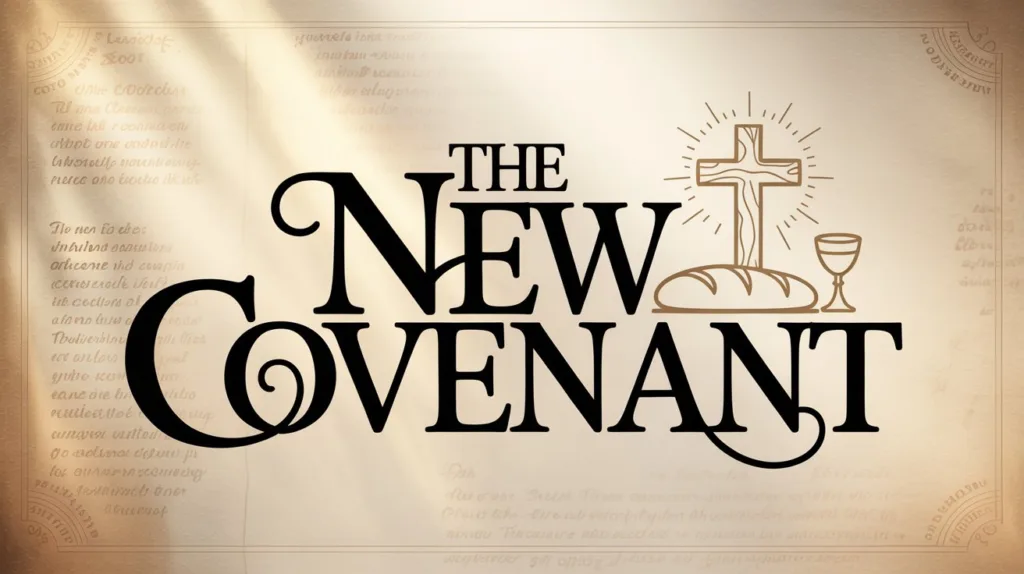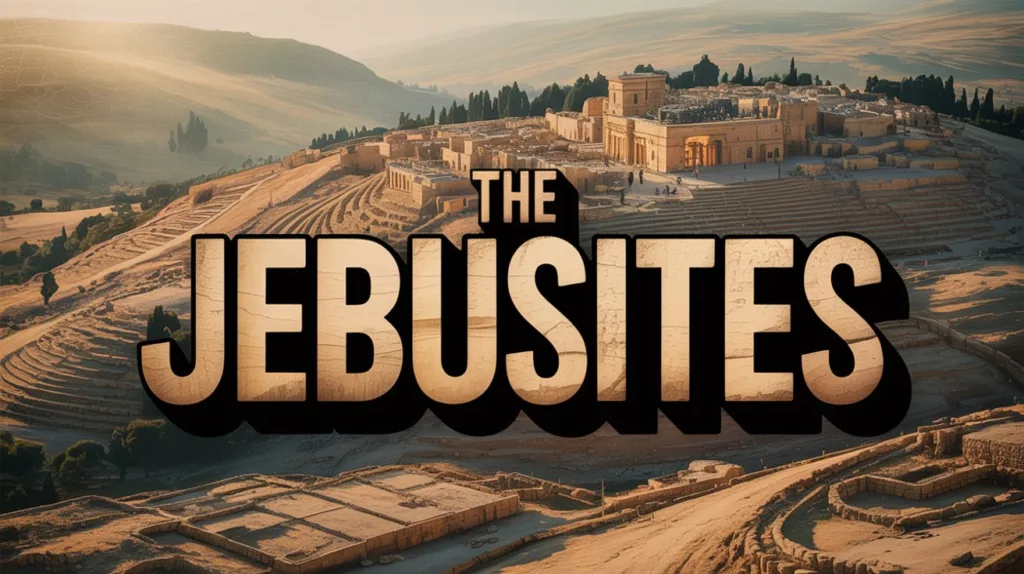A Complete Bible Study on the Life of King David
The life of David is one of the most extensive biographies in the Bible. From his youth as a shepherd to his death as Israel’s greatest king, David’s life spans more than forty chapters in 1 Samuel, 2 Samuel, 1 Chronicles, and the opening of 1 Kings. He...










